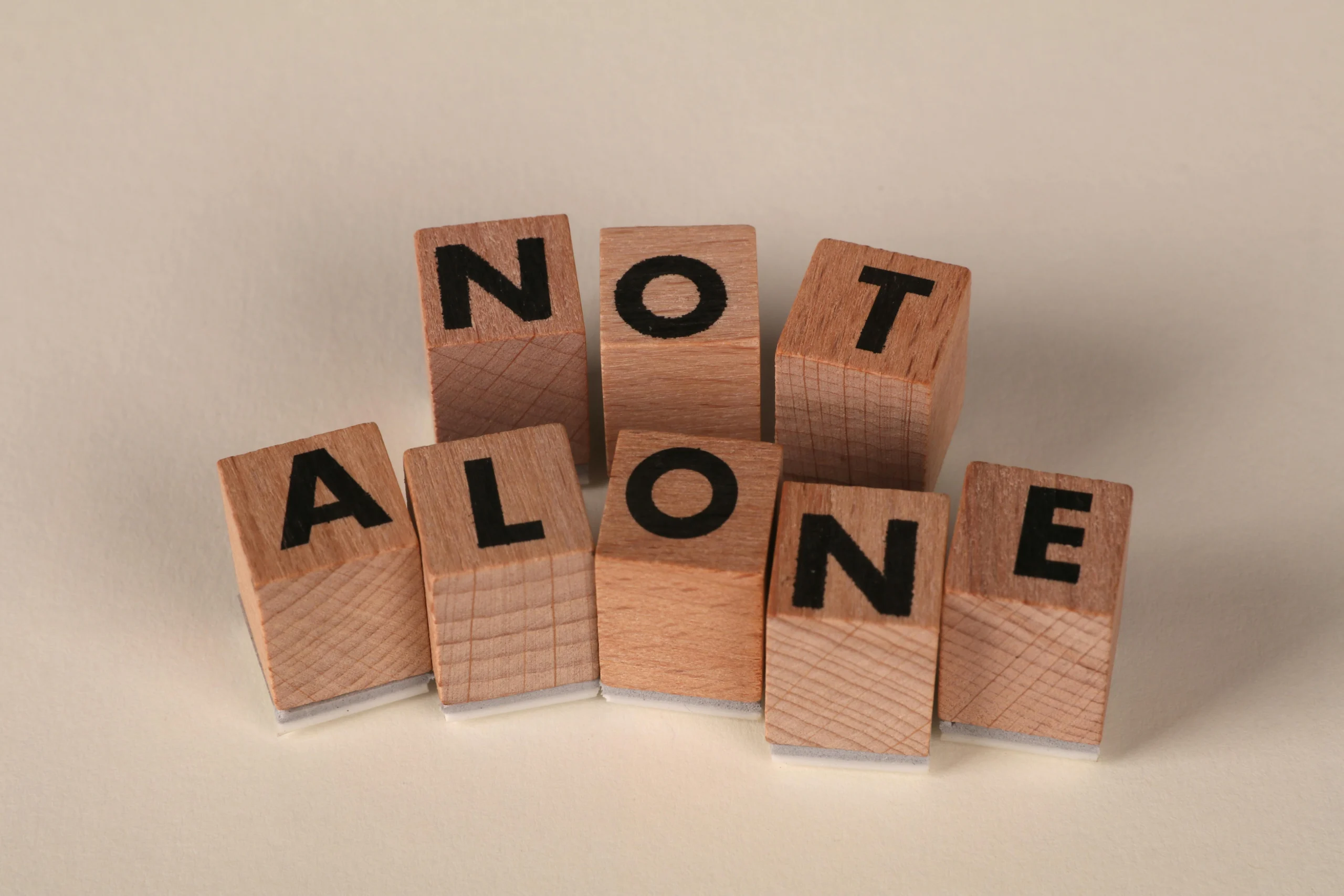Throughout my psychology degree, I’ve explored numerous research articles on peer-support groups. One that really stood out to me was by Lee (2024), titled “Make new friends, leave my friends: A dialogical investigation into transition experiences and agency in children from UK Armed Forces families”.
What struck me most was how the children in the study naturally used the research sessions as a space to connect, sharing their experiences, supporting one another, and exchanging strategies for managing the unique transitions associated with military life. In essence, the study unintentionally became a peer-support group.
I have read another research article, but instead of military children, it focused on autistic children in mainstream education. Crompton et al. (2023) research paper “‘Someone like-minded in a big place’: Autistic young adults’ attitude towards autistic peer support in mainstream education” discussed how autistic adults benefit from spending time with other autistic people. This made me wonder, would the same apply to autistic children in mainstream schools, who so often feel disconnected from their peers? The findings recognised the need for neurodivergent (not just autistic) peer-support groups within schools to increase their sense of belonging and well-being.
After reading various research articles that conclude the importance of having peer-support groups within the school environment, I wonder…
Why aren’t neurodivergent peer-support groups a standard feature in every school, especially during high school, where it’s needed the most?
What Peer-Support Groups Offer
Neurodivergent peer-support groups provide a space for individuals to:
- Build a sense of belonging
- Feel part of a community
- Realise they’re not alone
- Share openly without fear of judgment
- Exchange coping strategies and tips
- Simply be around others who get it.

As a neurodivergent woman within the military community, I’ve noticed that the people I connect with most are often other neurodivergent individuals, diagnosed or not. That shared understanding runs deeper than any surface-level similarity. It made me question even more why we don’t offer the same opportunities for connection and belonging to young people navigating the most intense and formative years of their lives.
Why High School Is the Perfect (and Necessary) Place for This
The transition to secondary school is challenging for many children. For autistic students, it’s often significantly harder. Makin, Hill and Pellicano (2017) “The primary-to-secondary school transition for children on the autism spectrum: A multi-informant mixed-methods study” highlights how the structure, expectations, and social dynamics of high school can leave autistic young people feeling isolated and overwhelmed.
Add to this the already complex and confusing stage of adolescence, with its rapid changes in identity, social pressures, and emotional regulation, and it’s not surprising that mental health challenges often emerge or escalate during this time. Support is crucial. And yet, so many go without.
The Potential Power of Peer-Support Groups for Neurodivergent Teens
If we created a dedicated peer-support group for neurodivergent teens, diagnosed or self-identifying, I believe the impact would be:

- Higher self-esteem from knowing they’re not alone
- Stronger identity by connecting with others who experience the world similarly
- Reduce isolation, which in turn may support better mental health outcomes
- Healthy development in areas of friendship, relationships, and emotional growth, simply by being introduced to others they can genuinely relate to.
- Earlier self-understanding, which could empower students to access support sooner
Reflecting on my own school years, I often felt like I was just trying to ‘fit in’. I didn’t understand why I felt different or why things felt harder for me than they seemed to for others. A peer-support group wouldn’t have fixed everything, but maybe it would’ve helped me realise earlier that I was neurodivergent, by recognising traits in myself sooner and realising that being different wasn’t a bad thing.
A Final Thought
Providing neurodivergent young people with a dedicated space to connect, reflect, and support one another isn’t just beneficial, it’s essential for their sense of belonging and overall development. These spaces don’t just help individuals; they create ripples of compassion and change throughout the entire school community by fostering greater understanding, awareness, and acceptance.
What if schools stopped expecting neurodivergent students to adapt to environments that don’t naturally meet their needs, and instead provided spaces where they could simply be? Where they could feel heard and understood by others who see the world in similar ways, without fear of judgement?
Schools don’t just shape academic futures; they shape identities, friendships, and self-worth. If inclusion is truly valued, then spaces like these are essential for neurodivergent students to feel a genuine sense of belonging.
If a space like this had existed when I was at school, maybe I wouldn’t have felt the need to mask so much. We can’t change the past, but we can create a better future for the next generation of neurodivergent young people, so they never feel they have to mask in the first place. Maybe that starts with a peer-support group.
If you’re neurodivergent and reading this thinking, “I would’ve loved that”, you’re not alone! Let’s keep this conversation going. Feel free to share your thoughts in the comments or pass this on to someone who might need to hear it.
Always remember, whatever you’re going through right now, you’ve got this!
Chloe x

